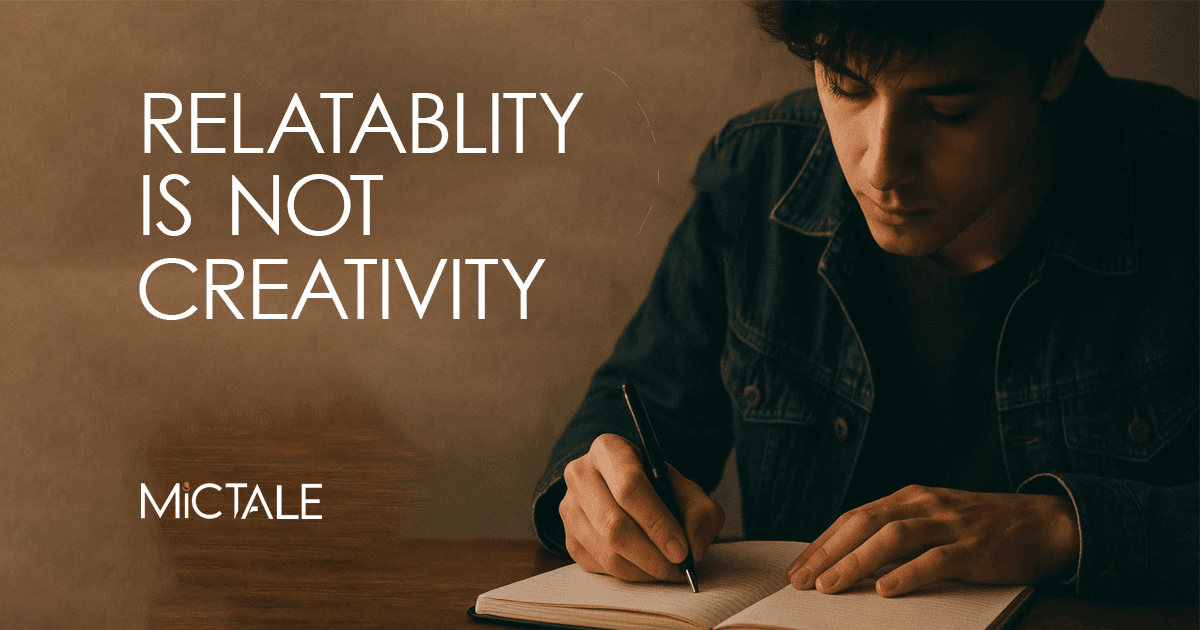Every artist, at some point, has sat with a notebook, a guitar, or a blank screen and asked, “Has this already been done before?”
It is one of the heaviest questions in art. You write a line, hum a tune, draft a story, and suddenly it feels like something you have heard before. Not copied, but familiar. Like you just rewrote your version of what already exists.
That is the reality of today’s creative world. We are surrounded by endless content; reels, stand-up clips, songs, poems, podcasts, flooding us every second. With so much repetition, originality feels rare, almost endangered.
Scroll through social media and you will notice a pattern. Poems about heartbreak that sound alike. Comedians using the same relationship tropes. Songs with the same four chords. It is not that artists lack talent. It is that relatability has become the new standard of success.
If the audience says, “same bro, I feel that,” it is instantly popular. That is exactly where the problem lies. Relatability is not creativity. It is repetition, polished and packaged in familiar language. It makes people nod but rarely makes them pause.
True originality make you remembered deeply. Not the way round.
This culture survives due to four reasons; one, is, the most obvious, overexposure to content. With millions of works online, artists subconsciously imitate what they consume. Second, algorithms reward sameness. Platforms push what already works, discouraging risky, original voices. Third, fear of rejection. Creators stick to proven formulas instead of experimenting with raw, untested ideas. Fourth and last, the pressure to stay relevant. The internet demands constant output, leaving no time for deep creative work.
A lot of artists confuse originality with invention. They think it means creating something the world has never seen before. But originality does not always mean new. It means true.
Your heartbreak is not unique, but your way of describing it can be. Your melody might share chords with another song, but your emotion behind it is yours. Your story may echo universal themes, but your perspective is what makes it original. Originality is not about ideas. It is about voice.
If you are a poet, musician, writer, or storyteller, here are a few ways to stay original in a world full of noise: Create before consuming. Write your draft before scrolling through others. Dig into your personal history. No one else has lived your exact experiences. Experiment with form. Change structures, break patterns, invent your own stage presence. Accept being misunderstood. Some of the greatest works weren’t recognized instantly.
Originality thrives when you stop chasing trends and start chasing honesty.
Another struggle artists face is knowing whether something is inspired or copied. If you borrow an idea and filter it through your own style, it is influence. If you lift it word for word or note for note, it is plagiarism.
Originality lives in the in-between, where you respect what came before, but bend it into your own shape.
Relatability is killing originality and no one is even aware
0 min read

Published by

